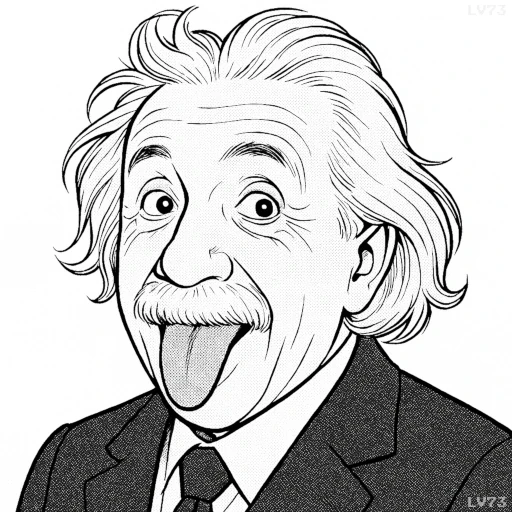“The grand aim of all science is to cover the greatest number of empirical facts by logical deduction from the smallest number of hypotheses or axioms.”

- March 14, 1879 – April 18, 1955
- German-born Jew
- Physicist
table of contents
Quote
“The grand aim of all science is to cover the greatest number of empirical facts by logical deduction from the smallest number of hypotheses or axioms.”
Explanation
In this quote, Einstein articulates a fundamental goal of science: to explain as many observable facts as possible with a minimal, elegant set of principles. He suggests that scientific progress is achieved by finding underlying laws or axioms that simplify and unify our understanding of complex phenomena. The fewer assumptions or hypotheses required to account for a wide range of facts, the more powerful and efficient the scientific explanation. This drive for simplicity and coherence reflects a desire for both clarity and elegance in scientific theories.
Historically, this principle has guided the development of major scientific theories, such as Newton’s laws of motion and Einstein’s own theory of relativity, which explain a vast array of phenomena with a concise set of foundational principles. Figures like Isaac Newton and James Clerk Maxwell demonstrated this ideal by formulating equations and theories that distilled complex ideas into fundamental laws, revealing the underlying order of the universe with remarkable efficiency. Einstein’s quote reflects the scientific pursuit of elegant simplicity, aiming to uncover the core truths that can explain the widest array of empirical evidence.
In today’s scientific community, this approach continues to inspire research, encouraging scientists to look for unifying principles and streamlined explanations that can address complex data. Einstein’s insight reminds us that science is not just about collecting facts but about organizing them within frameworks that reveal underlying patterns and relationships. This quote encourages us to appreciate the elegance of simplicity in scientific theories and to recognize the beauty of finding universal truths from foundational principles.
Would you like to share your impressions or related stories about this quote in the comments section?

